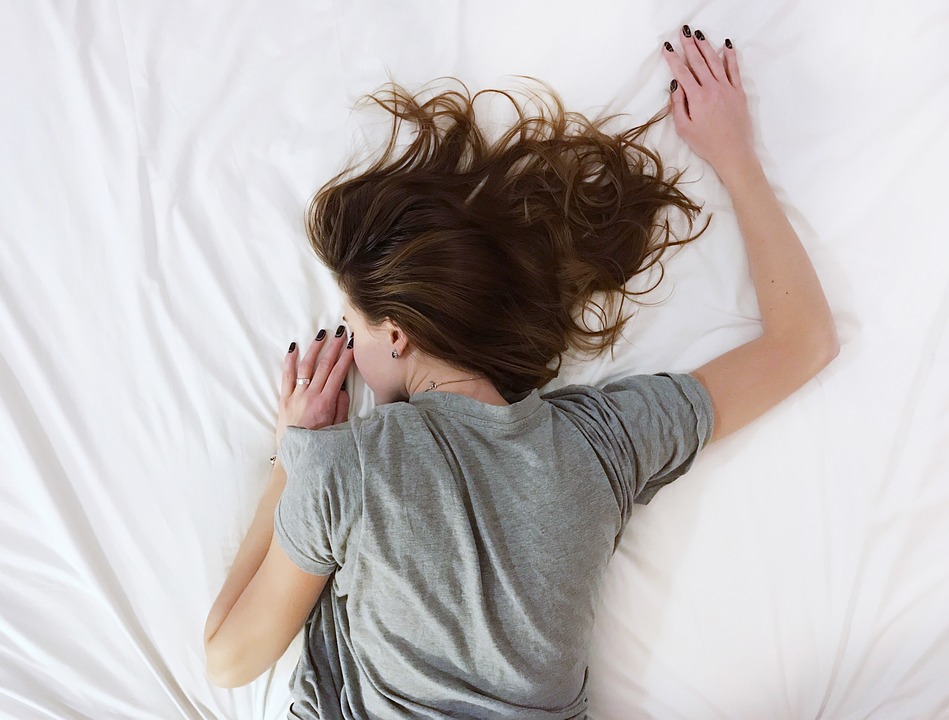Unwind and Unplug: The Ultimate Guide to Relaxing Bedtime Rituals for a Restful Night’s Sleep
Are you tired of tossing and turning all night, unable to get the rest you need? Do you find yourself constantly stressed and anxious, unable to relax and unwind before bed? If so, you’re not alone. Many people struggle with getting a good night’s sleep, but there are ways to improve your bedtime routine and ensure a restful night’s sleep.
The Importance of a Relaxing Bedtime Ritual
Having a relaxing bedtime ritual is crucial for setting the stage for a restful night’s sleep. When you create a calming routine that helps you unwind and unplug from the stresses of the day, you signal to your body and mind that it’s time to relax and prepare for sleep. This can help you fall asleep faster, stay asleep longer, and wake up feeling refreshed and rejuvenated.
Common Obstacles to a Restful Night’s Sleep
There are many factors that can interfere with your ability to get a good night’s sleep. Stress, anxiety, poor sleep habits, and an overstimulated mind are just a few of the common obstacles that can prevent you from falling asleep and staying asleep. By incorporating relaxing bedtime rituals into your nightly routine, you can overcome these obstacles and improve the quality of your sleep.
Creating a Relaxing Bedtime Routine
So, how do you create a relaxing bedtime routine that will help you unwind and unplug before bed? Here are some tips to get you started:
1. Turn Off Electronics
One of the biggest obstacles to a restful night’s sleep is the presence of electronic devices in the bedroom. The blue light emitted by screens can disrupt your body’s natural sleep-wake cycle, making it harder to fall asleep. To promote better sleep, turn off all electronics at least an hour before bedtime.
2. Practice Mindfulness
Practicing mindfulness can help you quiet your mind and relax your body before bed. Try meditating, deep breathing exercises, or progressive muscle relaxation to help you unwind and prepare for sleep.
3. Create a Cozy Environment
Make your bedroom a cozy and inviting space that promotes relaxation and sleep. Invest in comfortable bedding, keep the room cool and dark, and eliminate any distractions that could interfere with your sleep.
4. Establish a Bedtime Routine
Establishing a consistent bedtime routine can help signal to your body that it’s time to wind down and prepare for sleep. Try to go to bed and wake up at the same time every day, even on weekends, to establish a healthy sleep-wake cycle.
5. Limit Caffeine and Alcohol
Caffeine and alcohol can disrupt your sleep and make it harder to fall asleep. Limit your consumption of these substances, especially in the hours leading up to bedtime, to improve the quality of your sleep.
6. Engage in Relaxing ActivitiesEngaging in relaxing activities before bed can help you unwind and prepare for sleep. Try reading a book, taking a warm bath, or practicing gentle yoga to help you relax and quiet your mind.
The Benefits of a Restful Night’s SleepGetting a good night’s sleep is essential for your physical, mental, and emotional well-being. When you prioritize your sleep and make an effort to create a relaxing bedtime routine, you can experience a wide range of benefits, including:
- Improved mood and mental clarity
- Increased energy and productivity
- Enhanced immune function
- Reduced risk of chronic diseases
- Better memory and cognitive function
Creating a relaxing bedtime routine is essential for ensuring a restful night’s sleep. By turning off electronics, practicing mindfulness, creating a cozy environment, establishing a bedtime routine, limiting caffeine and alcohol, and engaging in relaxing activities, you can improve the quality of your sleep and experience the many benefits of a restful night’s sleep. So, unwind and unplug before bed, and get ready for a night of deep, restorative sleep.
Remember, a good night’s sleep is essential for your overall health and well-being, so make it a priority to create a relaxing bedtime routine that helps you unwind and prepare for sleep. Your body and mind will thank you for it!
References1. National Sleep Foundation. “Creating a Relaxing Bedtime Routine.” Sleep.org. https://www.sleep.org/articles/bedtime-routines-for-adults/.
2. Mayo Clinic. “Sleep Hygiene: 10 Tips to Get Better Sleep.” Mayoclinic.org. https://www.mayoclinic.org/healthy-lifestyle/adult-health/in-depth/sleep-hygiene/art-20048379.
3. American Academy of Sleep Medicine. “Healthy Sleep Habits.” Sleepeducation.org. https://sleepeducation.org/healthy-sleep/

